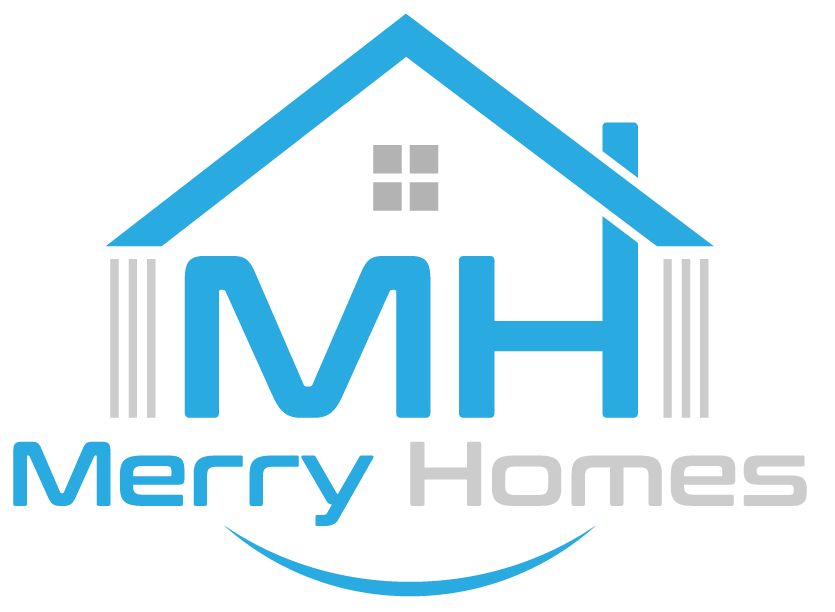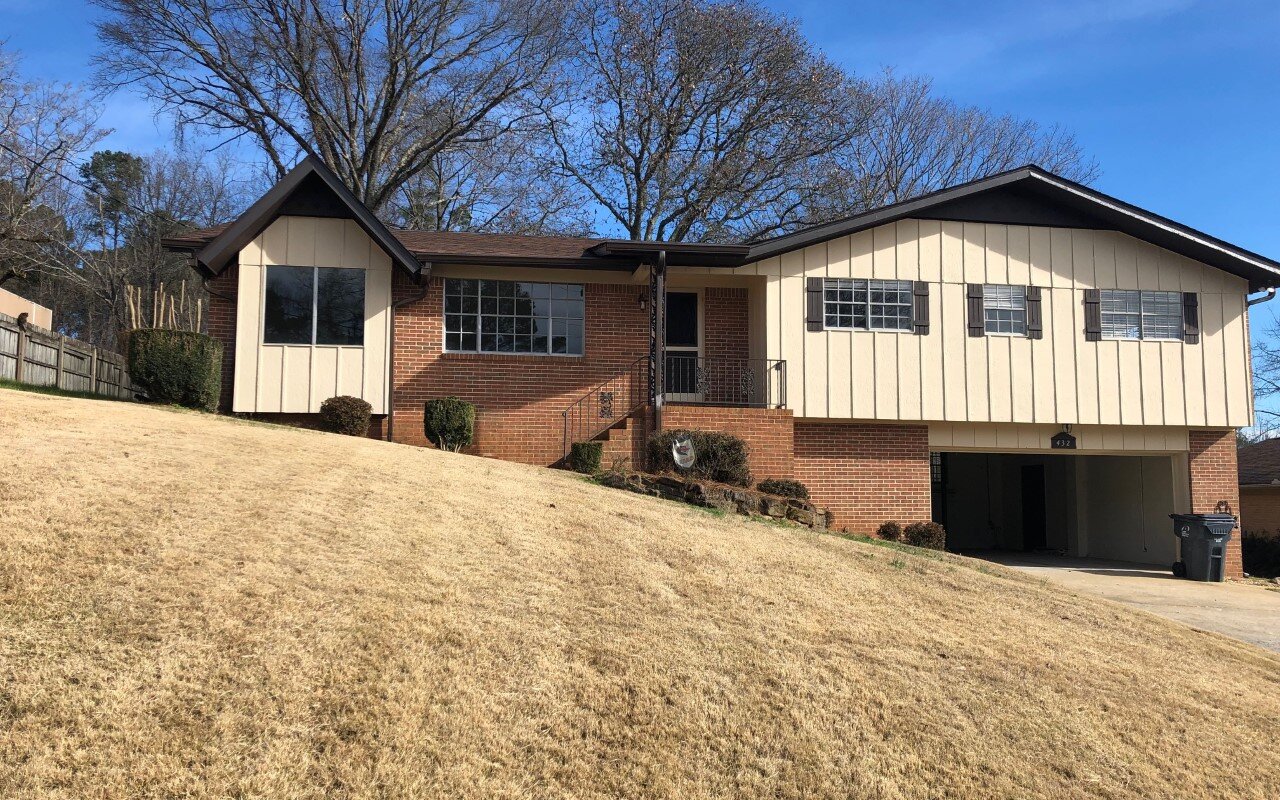Investing in real estate can be highly profitable, but it also comes with its share of risks. One of the biggest challenges for house investors or investors that buy houses is holding onto the wrong property for too long. Holding costs can quickly accumulate, cutting into your profits and potentially leading to financial losses. In this guide, we’ll explore the concept of holding costs and how they can affect your bottom line. Additionally, we’ll provide a holding cost checklist specifically for investors and property flippers in Birmingham to help you steer clear of common pitfalls and maximize your returns.
What are Holding Costs?
Holding costs are the expenses that house investors incur while owning a property they intend to sell or rent out. These costs can include mortgage payments, property taxes, insurance, utilities, maintenance, repairs, and other related expenses. Essentially, any ongoing expense that arises while you hold onto the property falls under holding costs. These costs can accumulate rapidly, particularly if the property remains unsold or unleased for an extended period.
Why are Holding Costs Important?
Holding costs are a critical factor for house investors because they can greatly affect your overall profitability. If a property is held for an extended period, these costs can quickly diminish your potential profits or even result in a loss. For example, if your monthly holding costs—including mortgage payments, property taxes, and utilities—total $1,000 and it takes six months to sell the property, you’ll have incurred $6,000 in holding costs. If you initially expected a $20,000 profit from the sale, your actual profit would now drop to $14,000.
Additionally, holding costs can have a substantial negative impact on your return on investment (ROI). For house investors, particularly those focused on flipping properties, the goal is to maximize ROI by selling the property as quickly as possible. The longer a property remains unsold, the more holding costs accumulate, gradually eating into your potential profits.
These holding costs include mortgage payments, property taxes, insurance, utilities, and maintenance, all of which continue to accrue as long as the property is in your possession. The cumulative effect of these expenses can significantly diminish your ROI, turning what could have been a lucrative investment into a far less profitable one.
For investors that buy houses with the intention of flipping them, time is of the essence. The quicker you can prepare the property for sale and secure a buyer, the better your financial outcome will be. However, if the property sits on the market for an extended period, the holding costs can escalate, reducing your overall returns. This makes it crucial for house investors to focus on minimizing the time a property spends unsold, thereby protecting and optimizing their ROI.
Holding Cost Checklist for Investors and Property Flippers in Birmingham
To help investors that buy houses avoid some of the most common holding cost pitfalls, we’ve put together a comprehensive holding cost checklist specifically for investors and property flippers in Birmingham. This checklist ensures that you’re taking all associated holding costs into account when managing your property:
1. Mortgage Payments: If you have a mortgage on the property, be sure to include the monthly payments in your calculations.
2. Property Taxes: Property taxes can vary widely depending on the location and assessed value of the property, so make sure these costs are accurately factored in.
3. Insurance: Property insurance can protect you in case of damage or loss, but it comes at a cost.
4. Utilities: Utilities like electricity, water, and gas can add up quickly, especially if the property is vacant.
5. Maintenance and Repairs: Properties require ongoing maintenance and occasional repairs. Be sure to factor in the costs of routine maintenance like lawn care, cleaning, and HVAC maintenance, as well as unexpected repairs.
6. Property Management Fees: If you’re renting out the property, property management fees may apply for services such as handling tenant issues and collecting rent.
7. Homeowner Association (HOA) Fees: Properties within an HOA require payment of monthly or annual fees, which should be accounted for.
8. Vacancy Costs: If the property remains vacant, you’ll need to cover costs associated with security, landscaping, and utilities during this period.
9. Opportunity Cost: Holding onto a property for an extended period means missing out on other potential investment opportunities. Consider the opportunity cost when evaluating your investment.
Holding costs are a crucial consideration for house investors and investors that buy houses. They can quickly erode your profits and impact your return on investment (ROI). By using this holding cost checklist, you can ensure that all relevant expenses are accounted for, enabling you to make more informed investment decisions and maximize your profitability. Have questions about buying or selling real estate in Birmingham? Contact our team to learn how we assist investors and property flippers! (205) 844-3474

